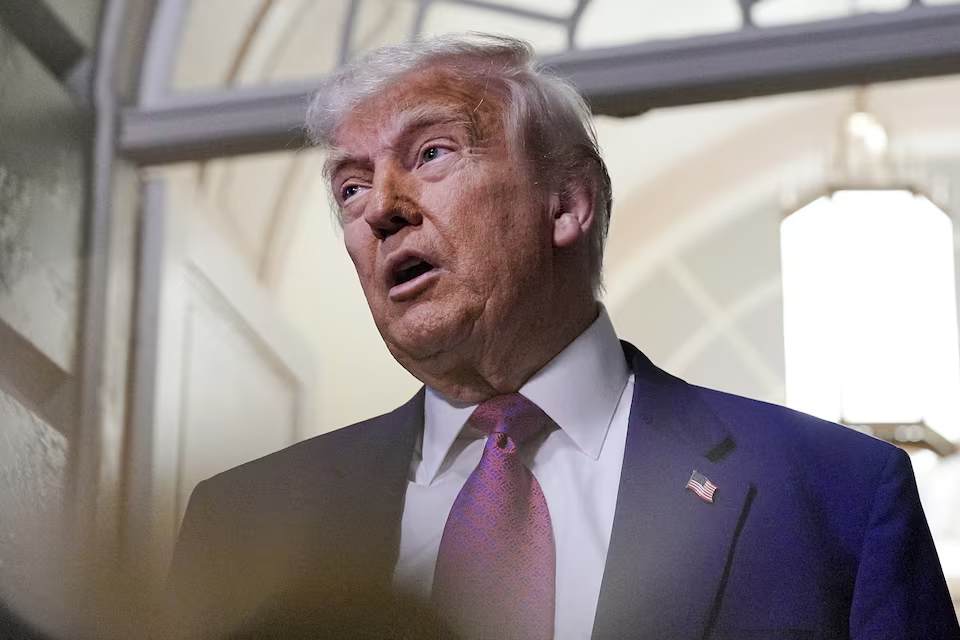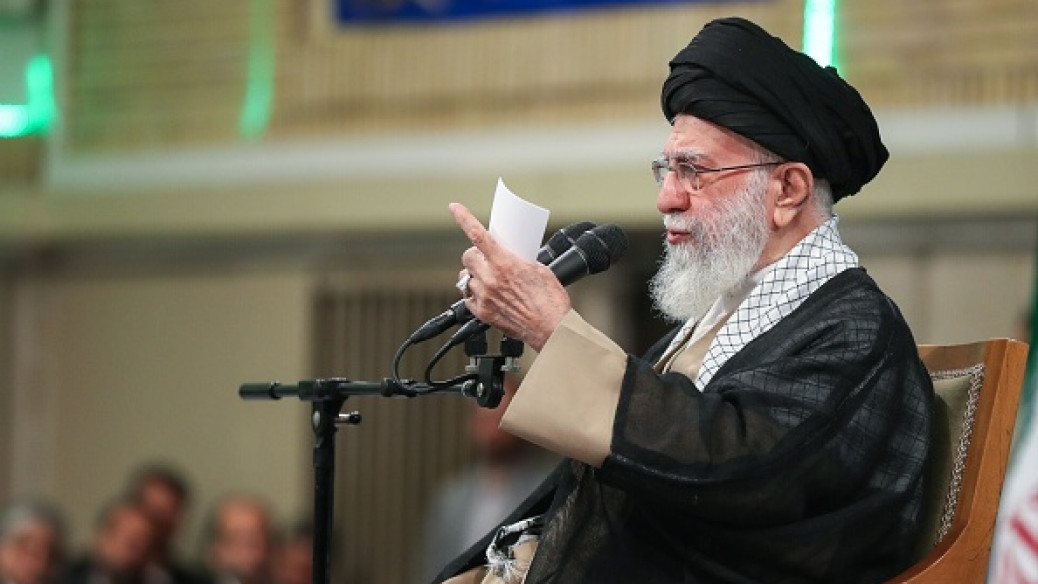Immigrant rights groups have accused the U.S. government of violating a federal court order by deporting asylum-seeking migrants to Colombia and Ecuador, in what they describe as a blatant disregard for legal protections. The deportations, carried out last week, allegedly occurred after a judge had blocked such removals pending further review of the migrants’ claims.
The legal challenge, led by the American Civil Liberties Union (ACLU) and the National Immigrant Justice Center, involves a group of 30 individuals from Latin America who were detained in Texas earlier this year after crossing the U.S.-Mexico border. The advocates say the migrants were deported on a charter flight despite an active federal court order that barred their removal.
“This is a shocking breach of the rule of law,” said Emma Winger, a senior staff attorney at the ACLU. “The government knowingly deported our clients in violation of a court injunction. This is not just bureaucratic failure—it’s a constitutional crisis.”
The order in question was issued by a federal judge in the District of Columbia as part of a broader case challenging recent changes to the Biden and Trump administrations’ handling of asylum claims. The plaintiffs argue that expedited deportations are being carried out without adequate legal review, putting vulnerable migrants—many of whom are fleeing violence—at risk of irreparable harm.
The Department of Homeland Security (DHS) has denied any wrongdoing, stating that the deportations were legal and consistent with agency policy. In a statement, DHS said it “does not comment on ongoing litigation” but insisted that removals were conducted in accordance with all applicable laws and procedures.
“We remain committed to lawful and humane enforcement of U.S. immigration laws,” the statement read.
However, the rights groups have filed an emergency motion demanding the return of the deported individuals and the imposition of sanctions on government agencies involved. They are also seeking a broader injunction to prevent future deportations under similar circumstances.
The incident has reignited criticism of U.S. immigration policy, particularly under President Donald Trump’s renewed enforcement agenda. Since returning to office in 2024, Trump has expanded the use of expedited removal, reinstated controversial border policies, and pushed to increase detention and deportations.
“These policies prioritize speed over justice,” said Mary Meg McCarthy, executive director of the National Immigrant Justice Center. “Migrants are being treated as disposable, with little regard for due process or human dignity.”
In Congress, progressive Democrats have called for a full investigation into the deportations and for greater oversight of immigration enforcement. Representative Pramila Jayapal (D-WA) said the removals represent a “clear violation of a court order and an alarming abuse of executive power.”
Human rights observers warn that deporting individuals back to countries where they face threats of violence or persecution can result in severe consequences, including torture, trafficking, or death. Both Colombia and Ecuador are experiencing rising levels of gang violence and political instability, making them unsafe destinations for many returnees.
The legal battle is expected to intensify in the coming days, with a federal judge set to hear arguments on whether the deportations violated judicial authority. If the court rules in favor of the plaintiffs, the case could have wide-reaching implications for how the U.S. government handles immigration enforcement under court supervision.
For now, the advocates remain focused on holding the administration accountable. “Our courts are not optional,” said Winger. “When the government defies the law, it’s not just immigrants who are at risk—it’s the very foundations of our democracy.”
Source: Reuters



